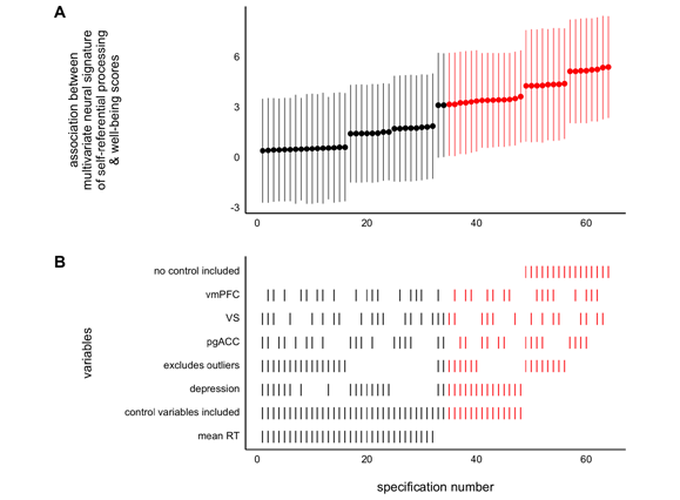Abstract
The past decade has seen growing concern about research practices in cognitive neuroscience, and psychology more broadly, that shake our confidence in many inferences in these fields. We consider how these issues affect developmental cognitive neuroscience, with the goal of progressing our field to support strong and defensible inferences from our neurobiological data. This manuscript focuses on the importance of distinguishing between confirmatory versus exploratory data analysis approaches in developmental cognitive neuroscience. Regarding confirmatory research, we discuss problems with analytic flexibility, appropriately instantiating hypotheses, and controlling the error rate given how we threshold data and correct for multiple comparisons. To counterbalance these concerns with confirmatory analyses, we present two complementary strategies. First, we discuss the advantages of working within an exploratory analysis framework, including estimating and reporting effect sizes, using parcellations, and conducting specification curve analyses. Second, we summarize defensible approaches for null hypothesis significance testing in confirmatory analyses, focusing on transparent and reproducible practices in our field. Specific recommendations are given, and templates, scripts, or other resources are hyperlinked, whenever possible.
Citation:
Flournoy, J. C., Vijayakumar, N., Cheng, T. W., Cosme, D., Flannery, J. E., & Pfeifer, J. H. (2020). Improving practices and inferences in developmental cognitive neuroscience. Developmental Cognitive Neuroscience, 100807.
